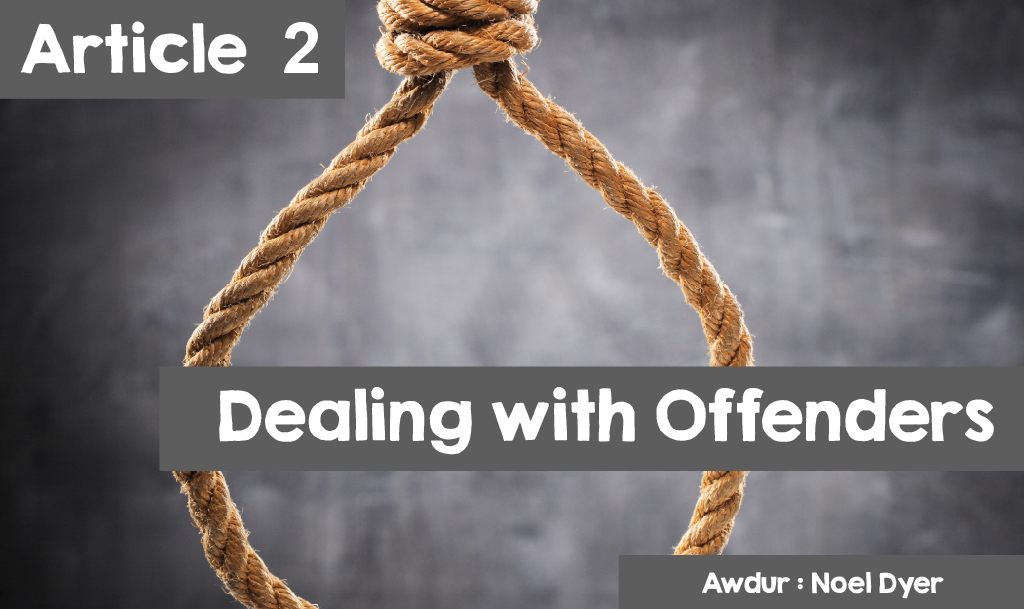|
|
A crime is an act, which is wrong and that can be punished by law. Approaches to dealing with offenders have varied from one age to the next and to this day there is no full agreement on how to deal with offenders. Usually, a punishment is given. The starting point in the western world was traditionally the words of the Old Testament- 'An eye for an eye, a tooth for a tooth.'
|
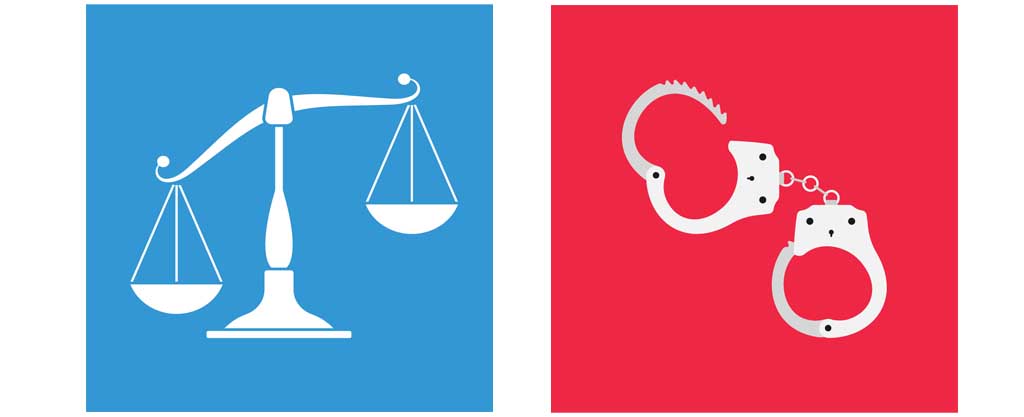
|
|
|
Christians would turn to the New Testament for guidance. It teaches that people will receive God's forgiveness. Therefore, believers should act in a similar way and forgive others - this is the ideal anyway. When looking at criminals today, many comment on Jesus' words, such as 'Love your neighbour as yourself''There is no commandment greater than this'(Marc12:31), arguing that showing love for others is the first duty of the Christian.
|
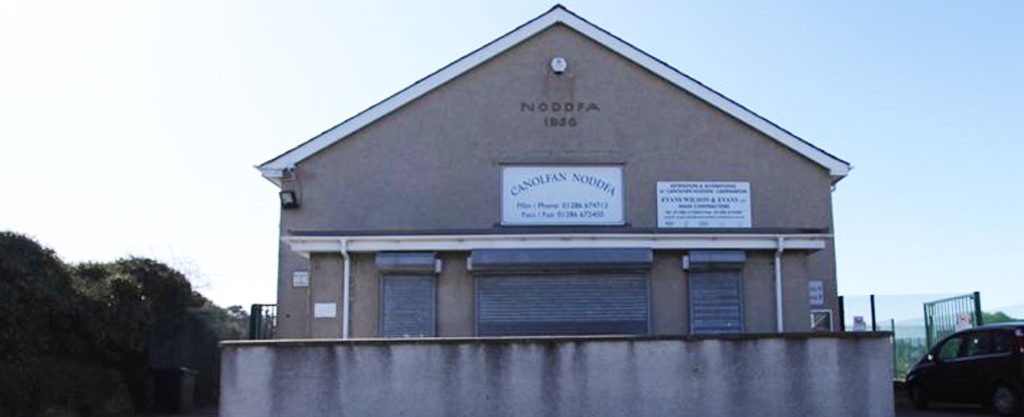
|
|
As a result, some Christians have been inspired to offer a support service for ex-prisoners. They have also offered support to prisoners and their families. This has included arranging a bus for visits to the prison. One example of this is Noddfa Presbyterian Church in Caernarfon.
|
|
|
"If anyone kills someone - unless he is murdered for murder or spreading wickedness through the land - it will be as if he is killing all men, while if he saves a life, it would be as if he were saving the life of every man.” |
|
In Islam, forgiveness and reconciliation are important but society must be protected from criminals. Punishment is acceptable as an element of justice - preventing further crime and leading them on the right track.
Muslims believe that people who offend go against the Qur'an and deserve the punishment of the law and the punishment of Allah on Judgment Day. Islam implements Sharia law in a just and public way. According to the Qur'an, 'Stand firmly for justice, as witnesses to Allah, even if against yourselves, or your parents, or your relatives. Whether one is rich or poor'. (Qur'an 4: 135) Fairness must be seen to be implemented in a just way, with an opportunity for recovery. Many Muslims are concerned about the welfare of prisoners, campaigning for prison improvements, visiting prisoners and securing opportunities for them on leaving prison. The Qur'an, nevertheless, carries harsh punishments in the eyes of Western countries. One example is cutting off a hand for serious theft, a punishment that would not be allowed in Wales. |
THE DEATH PENALTY
Only the state has the right to do this following a fair trial. The death penalty still exists in over 50 countries(though not all countries implement it). There have been no executionsin Britain since 1964 and it has now been abolished, although it remains a subject of debate.
|
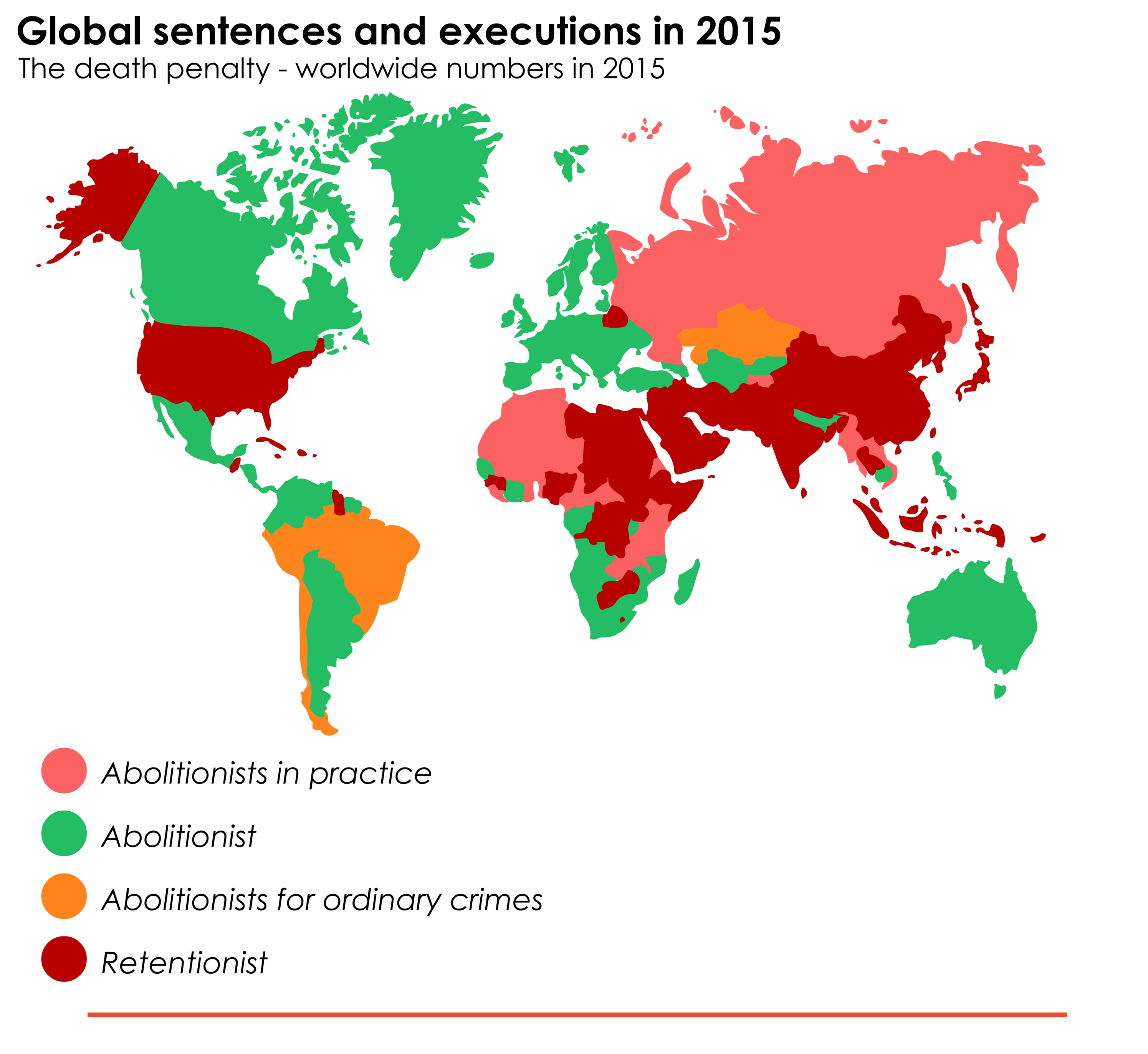
|
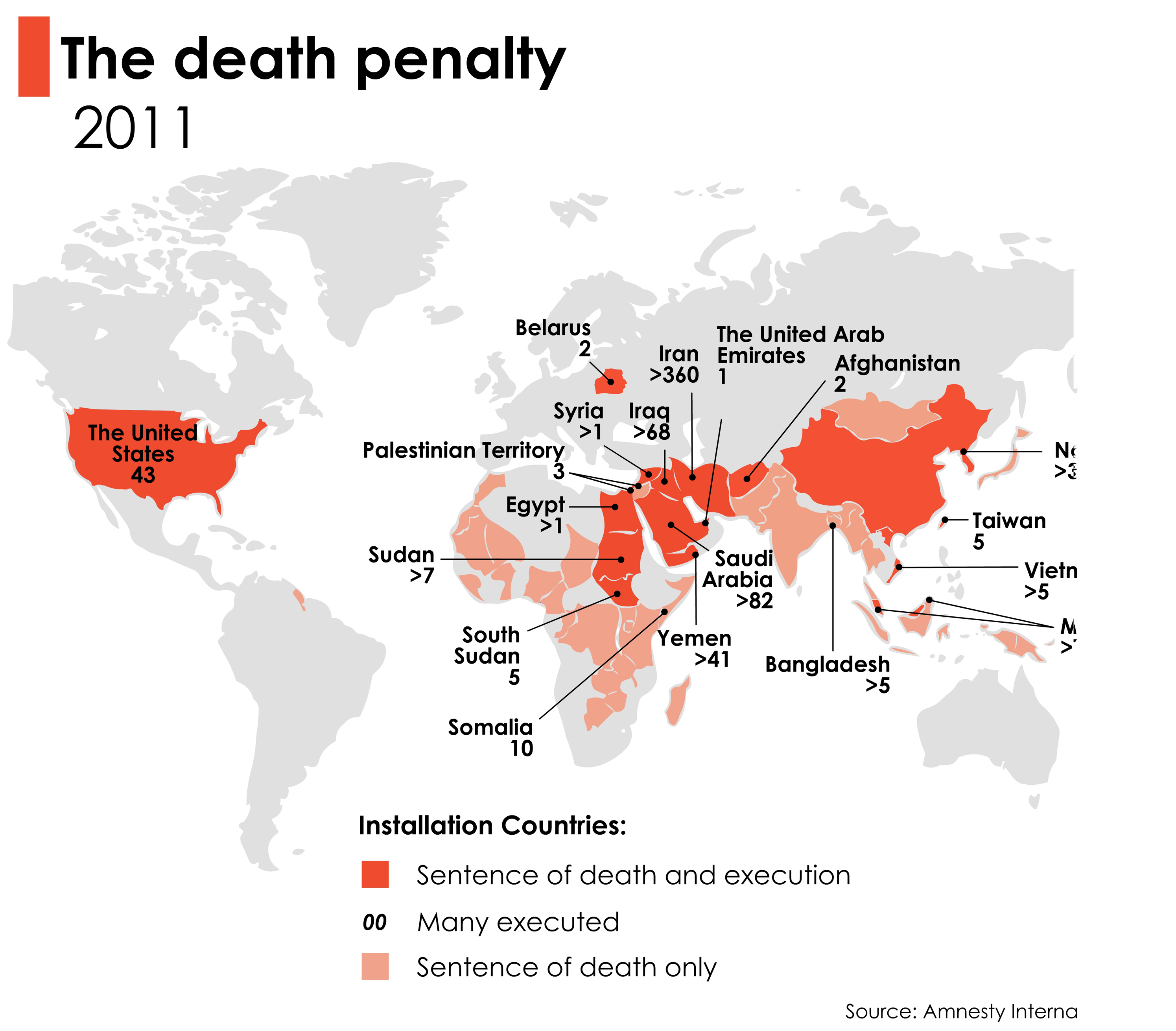
|
ARGUMENTS FOR THE DEATH PENALTYIt prevents murder and protects society from terrorists and serial murderers. It reflects some of the Old Testament statements and saves the country a lot of money! It closes the case for the family and helps them move forward. |
ARGUEMENTS AGAINSTUnfortunately, innocent people have been wrongly punished and the situation cannot be put right. All life is holy and killing in the name of the country is not acceptable. The danger of life imprisonment should be enough to deter a murderer. Occasionally, a terrorist is seen as a martyr of execution. |
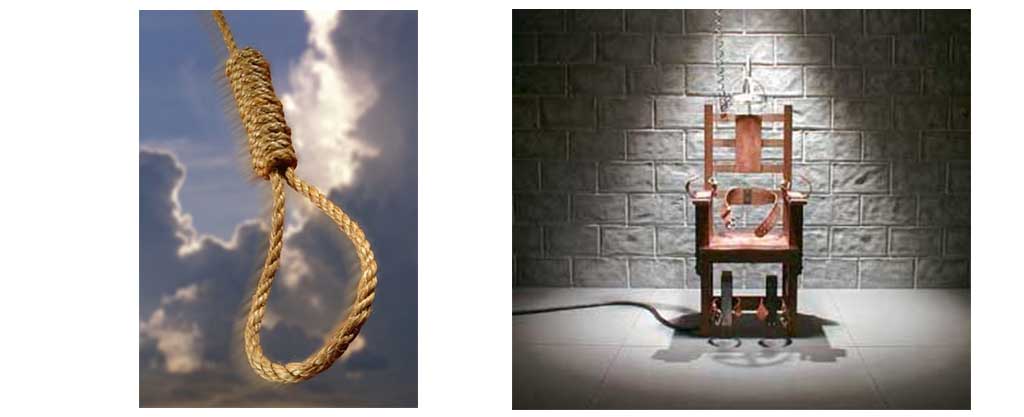
|
CHRISTIONS AND THE DEATH PENALTY
Some Christians would turn to the Old Testament pointing out the words of Moses' law on the right to revenge - ‘But if there is serious injury, you are to take life for life, eye for eye, tooth for tooth’ (Exodus 21:23-24). Some Christians would agree with several of the above arguments for the death penalty.
| |
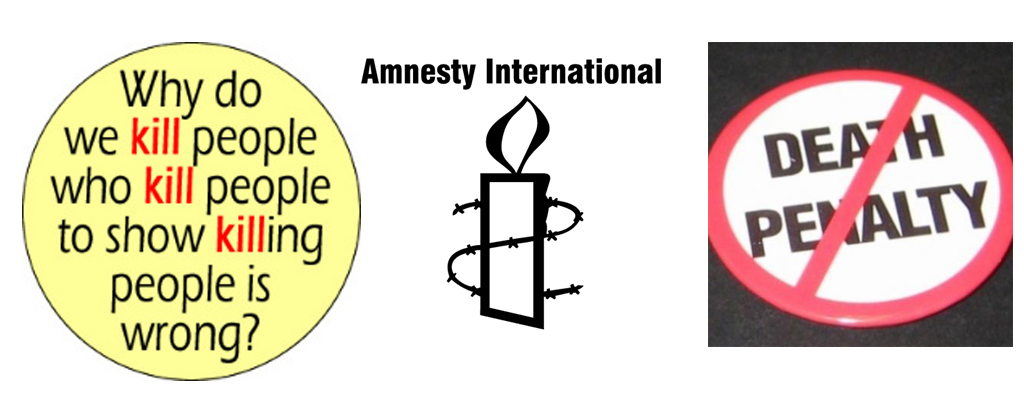
|
|
|
“Why do wekill people who kill people to show killing people is wrong?” |
ISLAM AND THE DEATH PENALTY
The Islamic legal system is called Shari'ah Law. It is founded on justice in a way that ensures that all people are treated fairly. Islam sees the death penalty as justifiable for some serious crimes. Sharia law allows the death penalty for:
|


